Table of Contents
Muslim Holidays In the tapestry of religious observances, Muslim Holidays stand as vibrant threads, weaving together a rich mosaic of tradition, spirituality, and cultural heritage. These sacred occasions hold profound significance for Muslims around the world, offering moments of reflection, celebration, and communal unity. Let us embark on a journey through the luminous tapestry of Muslim Holidays, exploring the beauty, diversity, and profound meaning that define these auspicious moments.
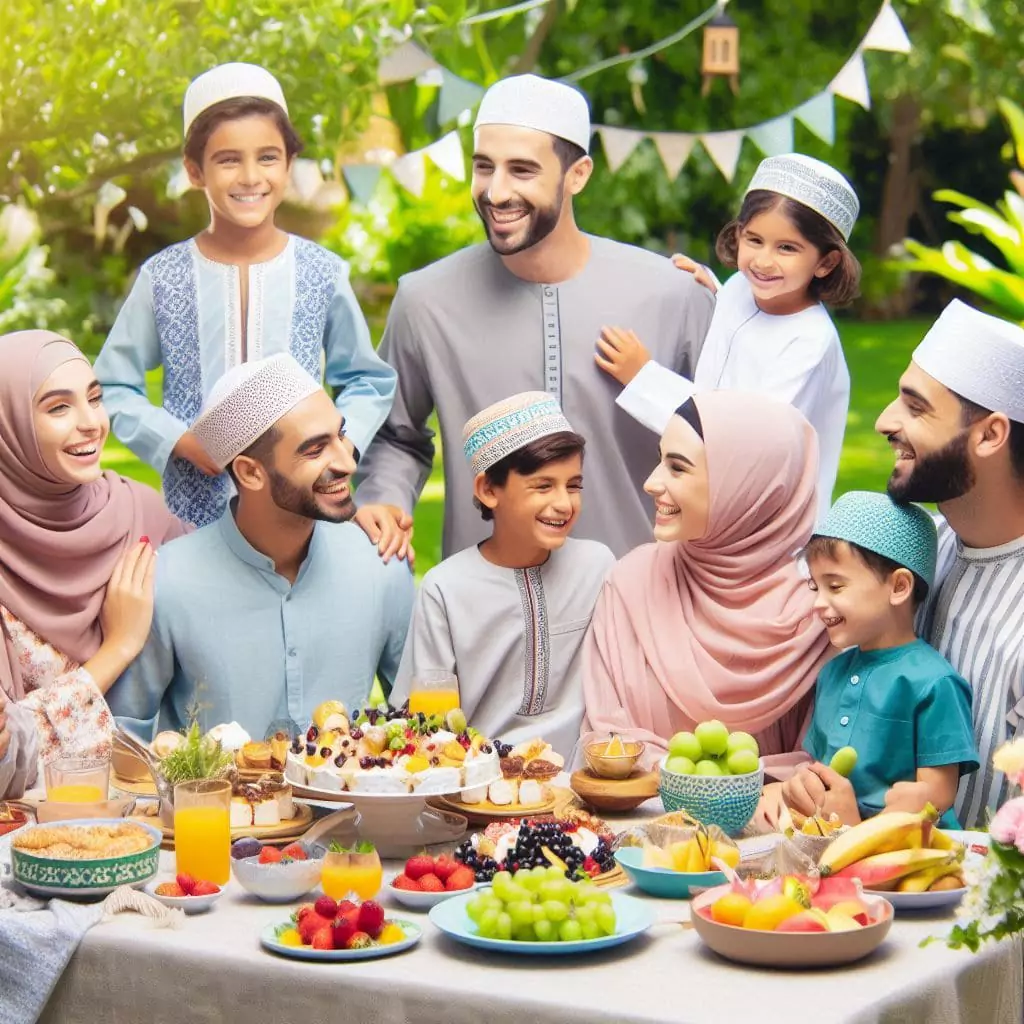
Understanding the Significance
Muslim Holidays: A Tapestry of Spiritual Significance
Muslim Holidays encompass a diverse array of celebrations, each with its own unique significance and rituals. From the joyous festivities of Eid al-Fitr to the solemn observances of Eid al-Adha, these holidays serve as pillars of faith, guiding believers on a journey of spiritual growth, self-reflection, and communal solidarity. Rooted in the teachings of Islam, Muslim Holidays offer believers opportunities to deepen their connection to Allah, strengthen bonds of kinship, and embody the principles of compassion, generosity, and gratitude.
Exploring the Beauty of Muslim Holidays
Eid al-Fitr: The Festival of Breaking the Fast
Eid al-Fitr, also known as the “Festival of Breaking the Fast”, marks the end of Ramadan, the holy month of fasting, prayer, and spiritual reflection. As the crescent moon heralds the arrival of Shawwal, Muslims around the world gather to offer prayers of thanksgiving and gratitude. The day is characterized by joyous celebrations, where families come together to exchange gifts, share meals, and extend acts of kindness to the less fortunate. Through the observance of Eid al-Fitr, believers rejoice in the spiritual nourishment of Ramadan and express gratitude for the blessings of faith, community, and perseverance.
Eid al-Adha: The Festival of Sacrifice
Eid al-Adha, also known as the “Festival of Sacrifice”, commemorates the willingness of Prophet Ibrahim (Abraham) to sacrifice his son Ismail (Ishmael) in obedience to Allah’s command. Moved by Ibrahim’s unwavering faith, Allah intervened and provided a ram as a substitute sacrifice. Muslims worldwide honor this act of devotion by performing the ritual of Qurbani, the sacrificial offering of livestock. The meat from the sacrifice is then distributed to family, friends, and the less fortunate, symbolizing the values of compassion, generosity, and communal sharing. Through the observance of Eid al-Adha, believers reflect on the importance of obedience, sacrifice, and submission to the divine will, embodying the timeless teachings of Prophet Ibrahim.
Embracing Tradition and Customs
Rituals and Traditions of Muslim Holidays
Muslim Holidays are imbued with a rich tapestry of rituals and traditions, passed down through generations and cherished by believers around the world. From the early morning prayers of Salat al-Eid to the exchange of heartfelt greetings and gifts, each ritual serves to deepen the sense of spiritual connection and communal unity. Whether it’s the communal feasting of Eid al-Fitr or the acts of charity and service during Eid al-Adha, these traditions offer believers opportunities to express gratitude, strengthen bonds of kinship, and foster a sense of belonging within the global Muslim community.
The Global Celebration of Muslim Holidays
Muslim Holidays Around the World
Muslim Holidays are celebrated with fervor and enthusiasm in communities across the globe, transcending geographical boundaries and cultural differences. From bustling metropolises to remote villages, Muslims come together to observe these sacred occasions, united by a shared faith and a common heritage. The vibrancy of Muslim Holidays is reflected in the diversity of cultural expressions, from the colorful processions of Mawlid al-Nabi to the elaborate feasts and festivities of Eid al-Fitr. Through the celebration of Muslim Holidays, believers reaffirm their identity, strengthen bonds of solidarity, and celebrate the beauty of diversity within the global Muslim ummah.
Muslim Holidays
In the tapestry of human experience, Muslim Holidays shine as radiant expressions of faith, tradition, and community. From the spiritual significance of Eid al-Fitr to the profound symbolism of Eid al-Adha, each holiday offers believers opportunities to deepen their connection to Allah, strengthen bonds of kinship, and embody the principles of compassion, generosity, and gratitude. As Muslims around the world come together to celebrate these sacred occasions, let us embrace the splendor of Muslim Holidays, rejoicing in the beauty of tradition, the richness of culture, and the profound meaning that unites us all.

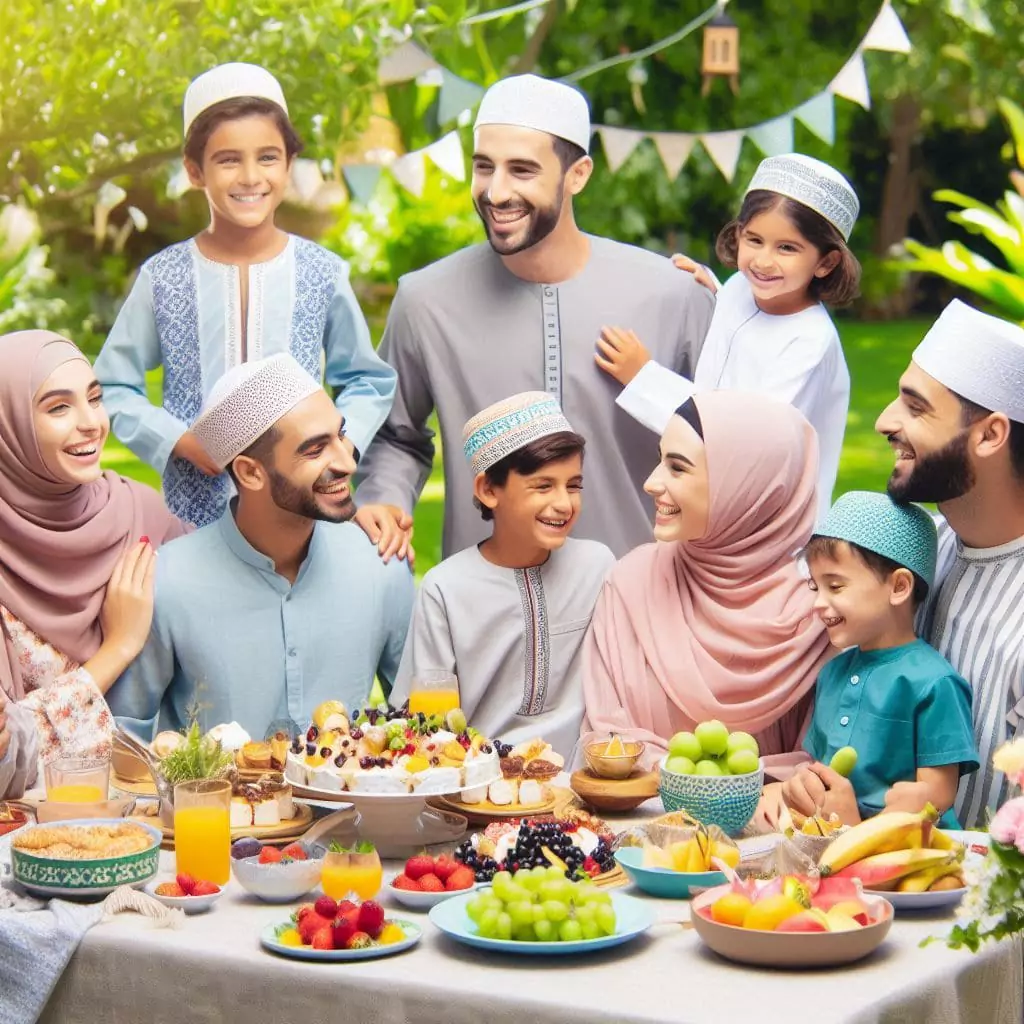
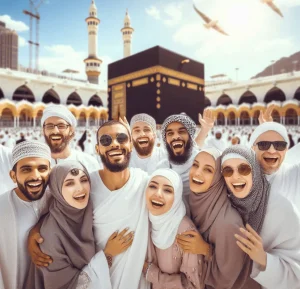
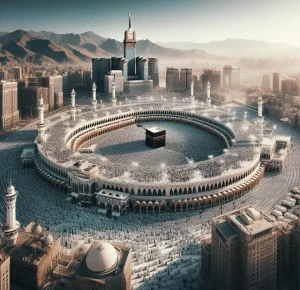

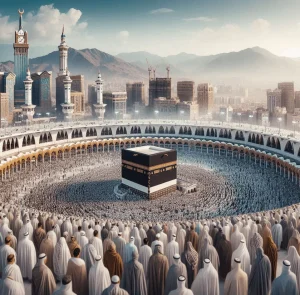
More Stories
Tales of Wonder: Unraveling the Islamic Heritage Mystery
In the Footsteps of Greatness: Journeying Through Islamic Heritage Sites
Echoes of History: Rediscovering Islamic Heritage Around the World